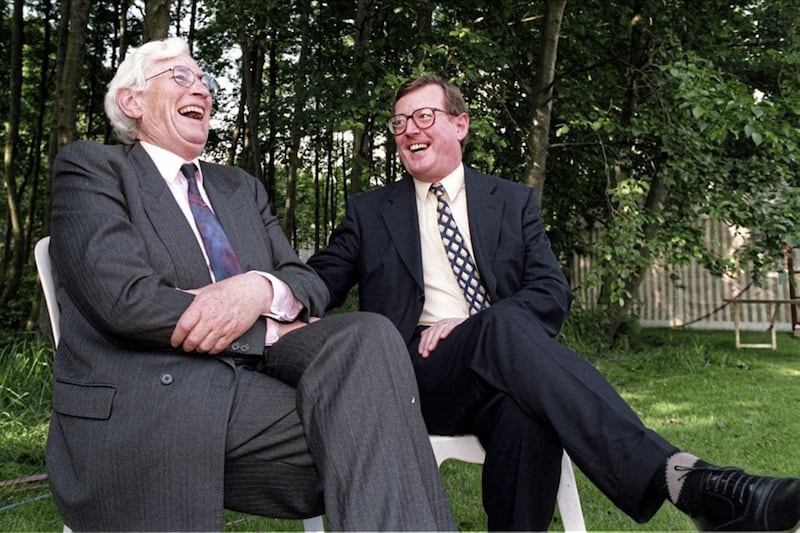MY son had his second lockdown birthday on Sunday. It means that a full one-sixth of his 12 birthdays have been celebrated without the presence - though thankfully with the presents - of family and friends.
By now, we've all had at least one birthday during the coronavirus pandemic.
While some may count missing a birthday as a blessing, it is nonetheless one of those stitches in time dropped from the tapestry of 'normal' life during the past 12 months.
It has been a year of working from home, of remote learning and interrupted schooling. Of furlough, and financial and employment uncertainty.
Of social distancing and the absence of a relative's warm embrace, let alone seeing some face-to-face. Of missed milestones and family gatherings. And of so much else that, up until a year ago, we simply took for granted.
It seems reasonable, albeit dispiriting, to imagine that it could be 2022 before we are truly back to what we used to consider normal.
We need to factor in the time it will take to - hopefully - complete our current tentative steps out of lockdown and for the vaccination programme to run its course.
Then, even if the summer months go well, we could see an abundance of caution from public health officials from the autumn.
Perhaps we will be encouraged to work from home and limit our social contacts, to mitigate against allowing whatever strain of Covid-19 is prevalent from taking off in winter. It seems likely that another course of vaccinations will be needed, too.
Of course, if we've learned anything since Covid upended everything, it is that we shouldn't make predictions.
But what else have we learned? Has the pandemic changed us?
Do we even want to go back to 'normal', whether that be in six months or in 12? And should we? What even is 'normal'?
How we approach and answer these questions and more reveals something about our values.
"To enjoy a queue, you need a fine mixture of stoicism, curiosity, tolerance and whatever is the opposite of pride... Like being on the top of a bus, a queue is not dead time, but a fine opportunity to scrutinise civilisation"
Thinking about what we value and how we orientate ourselves in the world is a useful exercise for any of us, at any time.
It is something that people of Christian faith will be thinking about at the moment, standing as we do on the threshold of Holy Week and Easter.
Our values shape us but they aren't all necessarily as existential, as eschatological, as the crucifixion and resurrection.
There is value in the aesthetic, in pleasure, in self-reflection. And if that all sounds a bit highfalutin, there's value in humble tasks like sweeping the floor and cutting the grass.
And cleaning the fridge: Margaret Thatcher apparently enjoyed this particular task because she could carry it out properly from start to finish during a single evening.
That's one of the stories told in Value - What Money Can't Buy, the latest book by cultural commentator Stephen Bayley.
I enjoy Bayley's motoring journalism but here he paints on a broader canvas.
He argues that the pandemic - or 'the Great Isolation' - has been a time to reset our expectations and to think about what we want from our lives.
Value isn't in 'things' or 'stuff', he insists. It is all around us, and can be found in the apparently inconsequential, including queuing: "To enjoy a queue, you need a fine mixture of stoicism, curiosity, tolerance and whatever is the opposite of pride... Like being on the top of a bus, a queue is not dead time, but a fine opportunity to scrutinise civilisation."
Be careful with tech, he counsels. Zoom is unsatisfactory because it robs conversation of eye contact: "It does not facilitate communications; it frustrates it."
Bayley explains why a sack of spuds is more valuable than a tin of caviar (though in an ideal world you would have both...).
Value amounts to an oddly compelling book that would make an excellent - no, valuable - second pandemic birthday present for anyone you value.










